Building toward a happy retirement doesn’t have to start at 65. Here’s how to take mini retirements along the way.
Have you ever dreamed of quitting your job, just for a little while, to travel, write that book, spend more time with your family, or simply catch your breath? The idea of walking away, even temporarily, can feel exhilarating… and terrifying.
After all, we’re told to tough it out until 65, stash money in a 401(k), and wait patiently for our “happy retirement” to begin. But what if we didn’t have to wait? What if taking a break now could be the smartest financial — and personal — move you make?
This week on the HerMoney Podcast, Jean Chatzky sat down with Jillian Johnsrud, a financial educator and author of: “Retire Often: How anyone can take multiple career breaks to unlock adventure, advance their career, and find financial freedom.” Jillian has built a life around taking intentional mini-retirements and believes that with the right planning, you can, too.
What’s A Mini-Retirement, And How Is It Different From Time Off?
Jean Chatzky: How is a mini retirement different than just taking time off?
Jillian Johnsrud: I think it depends on the amount of time and the intention. So I describe a mini retirement as a month or longer. It’s not a week. A week should be a vacation. And focus on something that matters to you. So I think having that meaningfulness and that intention is what separates it from, you might get laid off, and it might take you a month to find a new job. You’re kind of lounging around the house and feeling discouraged, and watching Netflix. Where a mini retirement, you’re going to focus on doing something that matters.
Jean Chatzky: What is it with the month or longer?
Jillian Johnsrud: I find that’s the minimum effective dose to really unplug, to really be more present and just start to relax. Start to mentally disconnect from work. And if you have some burnout, it’s about the amount of time you need to really get your head above water again. And it’s enough time to do something really cool. You can have an amazing adventure or accomplish something significant in a month.
Can The Average Person Really Afford To Take Time Off?
Jean Chatzky: You said if you can save an extra 6.5%, that can fund a lifetime of mini happy retirements. Can you walk me through that math?
Jillian Johnsrud: So 6.5%, this is kind of like the most outrageous, idealistic version, and that would equate to taking a month off every other year. So you might end up with 20 mini retirements in your lifetime. It’s a lot, and it’s assuming that you get zero compensation or you have no additional income during that month off.
But that 6.5% it’s not a huge amount of money. If you’re bringing home $5,000-$6,000, we’re talking about $300 or $400 bucks a month. This isn’t so you can pay your water bill when you’re 70. This is for something that’s going to happen really soon. So you might say, okay, so I’m going to trade my Chipotle burrito bowl that I have every Friday at lunch, because next year I’m going to be eating street tacos in Mexico. I’m not depriving myself. I’m just pushing that luxury I want slightly in the future, and hopefully a massive upgrade.
Practicing for a Truly Happy Retirement
Jean Chatzky: We’ve got an audience of people who are thinking about their final retirement. What are the big lessons that you take from these mini retirements that help you prep for that inevitable retirement at some point in your life?
Jillian Johnsrud: Mini retirements are a fantastic preview test run of retirement. You get to not only experience the benefits of a happy retirement, but you get to work out the kinks because sometimes the transition into retirement isn’t smooth. It can be a little bumpy, but the more you’ve practiced, the easier it gets.
We should practice the discomfort of not earning money, of not investing just for a month, and see how you feel, so you can work through that. So that when you do retire, it’s just such an easy transition because you’ve kind of been doing this all along. You’ve had so many test runs, you’ve figured out your hobbies, and you’ve figured out your routine. You’ve worked out the kinks.
… Does more financial confidence sound good to you? We thought so! We’d love for you to join us at our two all-star hands-on financial wellness programs:
🚀 FinanceFixx – HerMoney’s 4 or 8-week Money Makeover financial coaching program that will help you get your finances on track!
📈 InvestingFixx – HerMoney’s investing club for women who are ready to learn market lingo, and grow their wealth. Your first month with us is completely free!
MORE ON HERMONEY:
More money news when you need it! Get the latest and greatest updates on all things investing, budgeting, and making money. Subscribe to the HerMoney newsletter at Hermoney.com/subscribe!


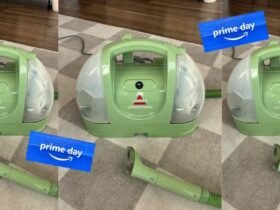




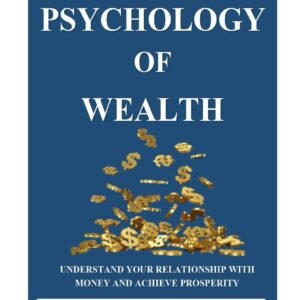
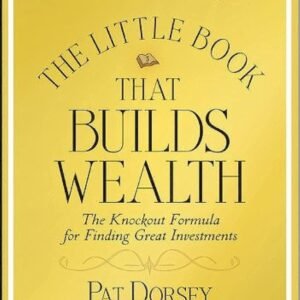

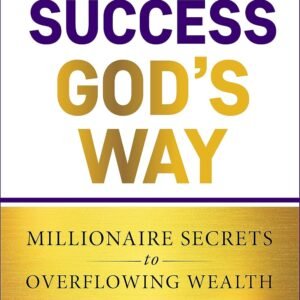


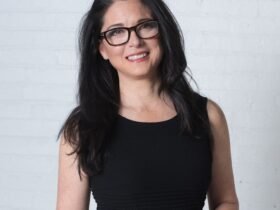





Leave a Reply